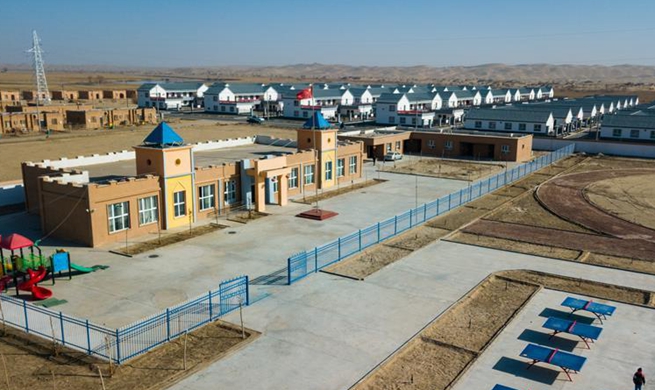CANBERRA, Dec. 5 (Xinhua) -- Australia's national science agency has developed a tool capable of tracing and predicting the spread of infectious diseases.
The tool was developed by researchers from Data61, the data science arm of the Commonwealth Scientific and Industrial Research Organization (CSIRO), and draws on data from the International Air Transportation Association (IATA) to track the spread of diseases.
Outbreaks of dengue fever, a mosquito-borne disease, are often triggered in non-endemic countries such as Australia when individuals contract it overseas and transmit the virus to local mosquitoes.
"According to the World Health Organization, around half the world's population is at risk of contracting dengue," Jess Liebig, a postdoctoral fellow from Data61, said in a media release.
"By understanding the travel behavior of infected individuals, we can estimate the number of infections that are imported into different countries each month.
"The tool also determines the infections' country of origin and is able to uncover the routes along which dengue is most likely spread."
The tool was developed in partnership with the Queensland University of Technology (QUT). According to its data, the flight path between Puerto Rico and Florida in the United States has the highest number of dengue-infected travelers.
"According to recent studies, around 92 percent of symptomatic infections are not reported to health authorities mainly due to low awareness levels and misdiagnosis," professor Raja Jurdak from QUT said.
"Our tool is one of the first to be able to forecast the absolute number of dengue importations, rather than the relative risk, at a global level."













